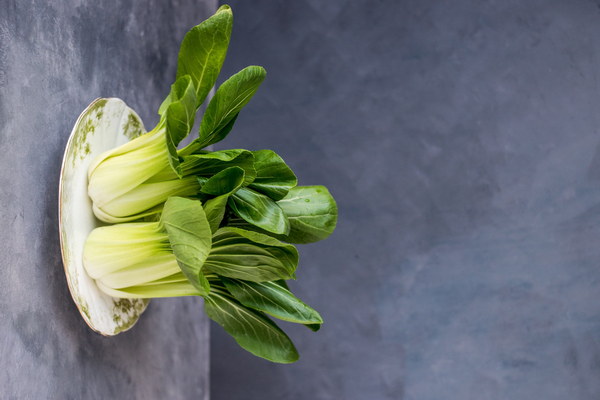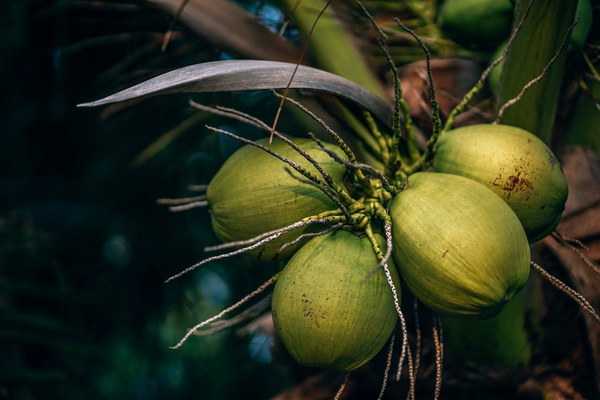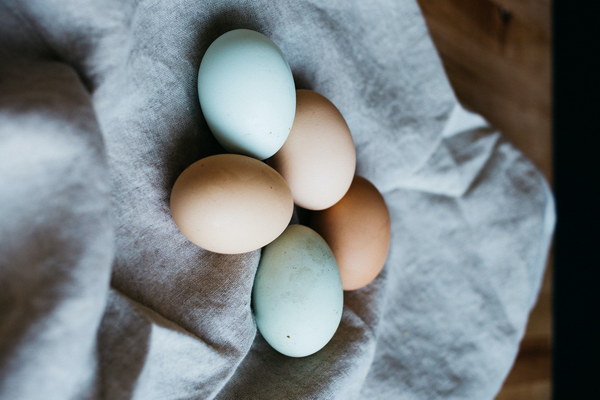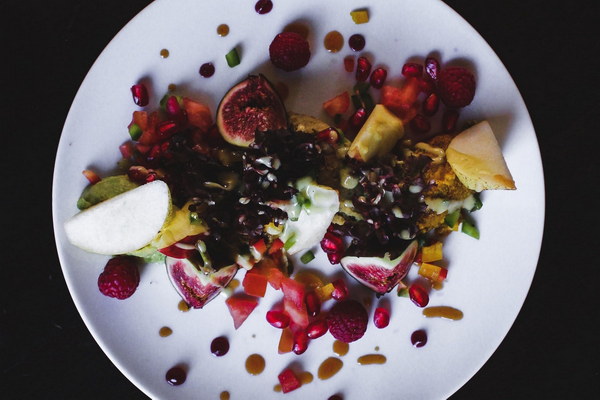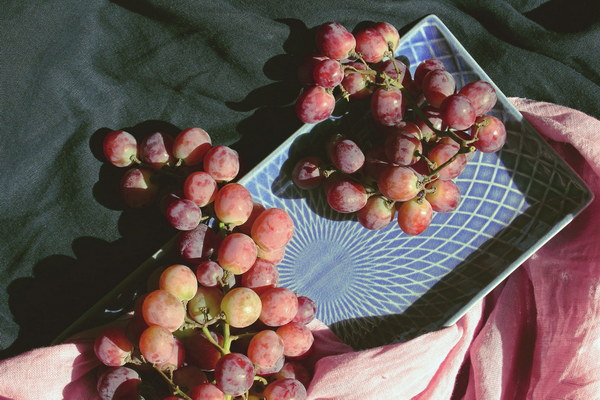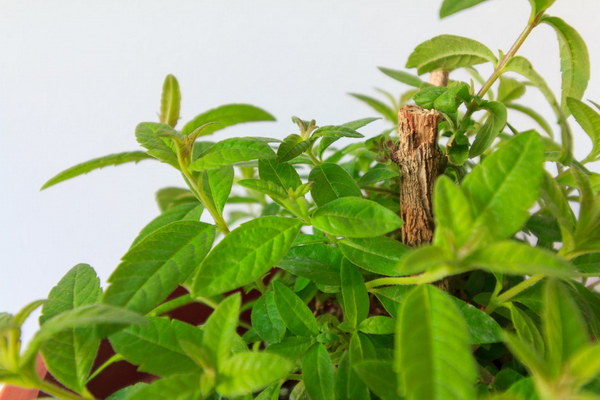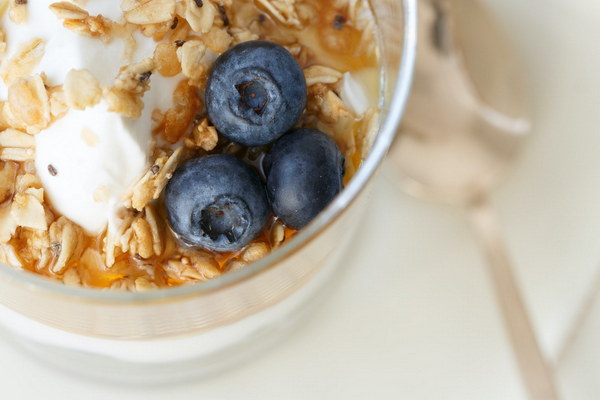Unveiling the Secrets Common Remedies for Excessive Dampness
In the realm of traditional Chinese medicine, the concept of dampness is a prevalent issue that can lead to various health problems. Excessive dampness in the body can be caused by a variety of factors, including poor diet, overexposure to cold and damp weather, and a weakened immune system. In this article, we will explore the common remedies for alleviating excessive dampness and restoring balance to the body.
1. Dietary Adjustments
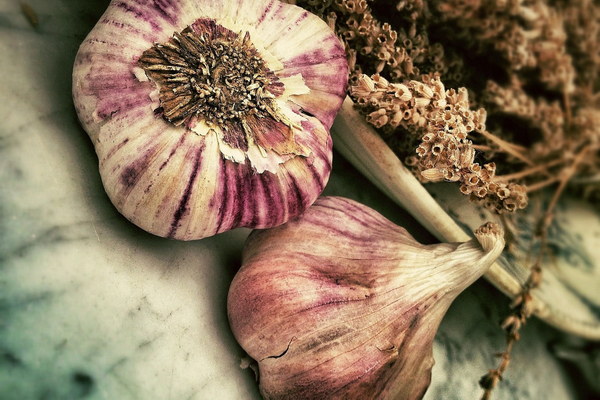
One of the most effective ways to combat dampness is through dietary adjustments. It is essential to avoid foods that exacerbate dampness, such as cold, raw, and sugary foods. Instead, focus on consuming warm, cooked, and nourishing foods that can help eliminate dampness from the body. Here are some dietary recommendations:
- Include more foods rich in fiber, such as leafy greens, legumes, and whole grains, which aid in digestion and elimination.
- Incorporate foods with diuretic properties, like watermelon, cucumbers, and asparagus, to promote the expulsion of excess fluid.
- Consume soups and stews made with root vegetables, such as carrots, beets, and turnips, which are known to help expel dampness.
- Use spices like ginger, cinnamon, and turmeric, which have warming properties and can aid in digestion and dampness elimination.
2. Herbs and Supplements
Herbal remedies have been used for centuries in traditional Chinese medicine to combat dampness. Here are some commonly used herbs and supplements:
- Astragalus (Huang Qi): Known for its immune-boosting properties, astragalus can help strengthen the body's resistance against dampness.
- Atractylodes (Cang Zhu): Atractylodes is often used to drain dampness, improve digestion, and enhance energy levels.
- Cinnamon (Rou Gui): Cinnamon has warming properties that can help eliminate dampness and improve circulation.
- Chinese Yam (Shan Yao): Chinese yam is a nourishing herb that can help balance the body's fluids and alleviate dampness.
3. Lifestyle Changes
Adopting certain lifestyle changes can also help alleviate excessive dampness:
- Regular exercise: Engaging in physical activities can improve circulation and promote the elimination of dampness through sweat.
- Avoiding cold and damp environments: Try to stay away from cold and damp places, especially during rainy seasons.
- Proper sleep: Ensure you get enough sleep to allow your body to rest and recover, as inadequate sleep can weaken the immune system and make you more susceptible to dampness.
- Managing stress: High levels of stress can weaken the body and make you more prone to dampness. Practice stress-reduction techniques, such as meditation, deep breathing exercises, or yoga.
4. Acupuncture and Massage
Acupuncture and massage are two complementary therapies that can help alleviate dampness:
- Acupuncture: Acupuncture can help improve circulation, drain dampness, and restore balance to the body. Specific acupuncture points, such as ST 36 (Zusanli), SP 10 (Neiguan), and GB 34 (Cu), are commonly used to treat dampness.
- Massage: Massage therapy can help relieve muscle tension, improve circulation, and promote the elimination of dampness. A deep-tissue massage may be particularly beneficial in cases of excessive dampness.
In conclusion, excessive dampness can lead to various health issues, but with the right approach, it can be effectively managed. By making dietary adjustments, incorporating herbal remedies, adopting lifestyle changes, and seeking alternative therapies like acupuncture and massage, you can restore balance to your body and alleviate dampness-related symptoms. Always consult with a healthcare professional before starting any new treatment or making significant changes to your lifestyle.

